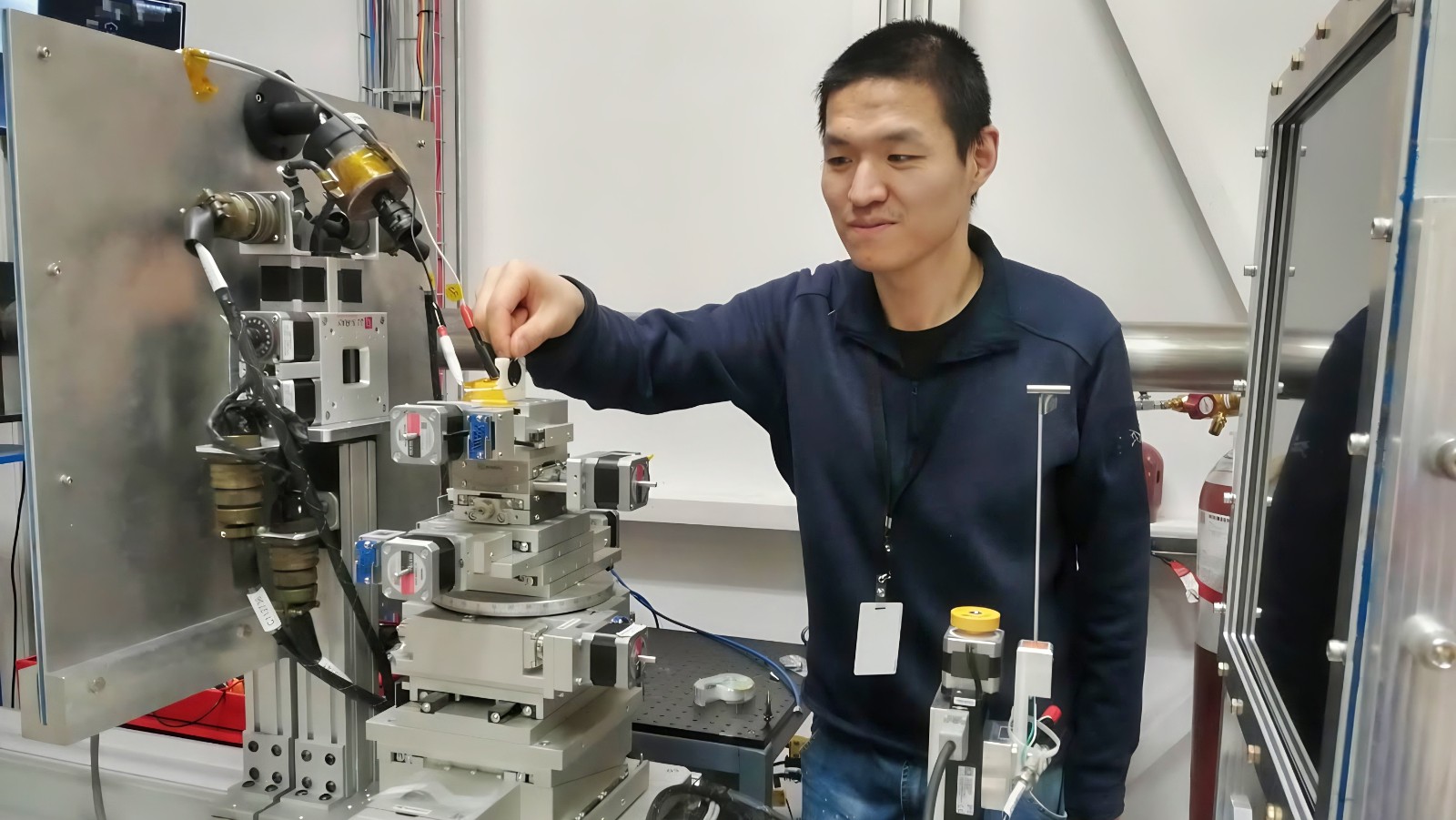Science
Researchers Enhance Performance of Eco-Friendly Water-Based Batteries

Engineering researchers at the University of Alberta have made significant advancements in the performance of rechargeable, environmentally friendly water-based batteries. This breakthrough addresses the limitations of traditional aqueous batteries, which have not been able to compete with lithium-ion batteries in terms of energy density, voltage, and storage capacity essential for applications such as electric vehicles and renewable energy systems.
Aqueous batteries, which utilize a water-based electrolyte solution instead of organic solvents found in lithium-ion batteries, date back to the invention of the lead-acid battery in 1859. While the lead-acid battery remains in use today for starting internal combustion vehicles, its energy characteristics are insufficient for modern energy storage needs. In contrast, lithium-ion batteries are praised for their high energy density and charging speed, but they come with high costs and potential safety risks, including fire and explosion.
Researchers Xiaolei Wang and his student Zhixiao Xu in the Department of Chemical and Materials Engineering have focused on improving the functionality of aqueous batteries. “Aqueous batteries are cheaper, easily disposable because we use just water, and aren’t toxic or flammable,” Wang stated. Their findings, published in the journal Nature Communications, indicate that these new batteries outperform existing models.
Typically, batteries made from organic materials, such as aqueous batteries, struggle with electricity conduction. This necessitates the addition of extra carbon, which in turn reduces the space available for energy storage. The breakthrough achieved by Wang’s team lies in the innovative design of the electrode materials, crucial components where energy is stored. By creating what they term pressurized organic electrodes, the team significantly enhanced several key performance metrics, including energy density, chemical reactivity, electronic conductivity, thermal stability, mechanical strength, and adhesive properties.
“This design allows them to charge faster, last longer, and store much more energy, now outperforming almost all other organic batteries,” Wang explained. The enhancements were demonstrated through the lab performance of both a coin-sized battery and a larger battery pack approximately the size of a small sandwich bag.
Looking ahead, Wang acknowledges that further development is needed to make larger batteries viable for commercial applications. The next phase of their research involves finding an industry partner willing to invest in scaling up this innovative technology. “We aim to build these batteries for large-scale industrial energy storage. But if we can reach comparable performance for electric vehicles with lower cost and safety concerns, why not?” Wang emphasized.
This advancement not only showcases the potential for greener battery technology but also highlights a critical step towards more sustainable energy solutions that could transform the electric vehicle market and renewable energy storage systems.
-

 Politics4 weeks ago
Politics4 weeks agoSecwepemc First Nation Seeks Aboriginal Title Over Kamloops Area
-

 World5 months ago
World5 months agoScientists Unearth Ancient Antarctic Ice to Unlock Climate Secrets
-

 Entertainment5 months ago
Entertainment5 months agoTrump and McCormick to Announce $70 Billion Energy Investments
-

 Science5 months ago
Science5 months agoFour Astronauts Return to Earth After International Space Station Mission
-

 Lifestyle5 months ago
Lifestyle5 months agoTransLink Launches Food Truck Program to Boost Revenue in Vancouver
-

 Technology3 months ago
Technology3 months agoApple Notes Enhances Functionality with Markdown Support in macOS 26
-

 Lifestyle3 months ago
Lifestyle3 months agoManitoba’s Burger Champion Shines Again Amid Dining Innovations
-

 Top Stories2 months ago
Top Stories2 months agoUrgent Update: Fatal Crash on Highway 99 Claims Life of Pitt Meadows Man
-

 Politics4 months ago
Politics4 months agoUkrainian Tennis Star Elina Svitolina Faces Death Threats Online
-

 Sports5 months ago
Sports5 months agoSearch Underway for Missing Hunter Amid Hokkaido Bear Emergency
-

 Politics5 months ago
Politics5 months agoCarney Engages First Nations Leaders at Development Law Summit
-

 Technology5 months ago
Technology5 months agoFrosthaven Launches Early Access on July 31, 2025





















